10 Things to Know Before Going to Japan
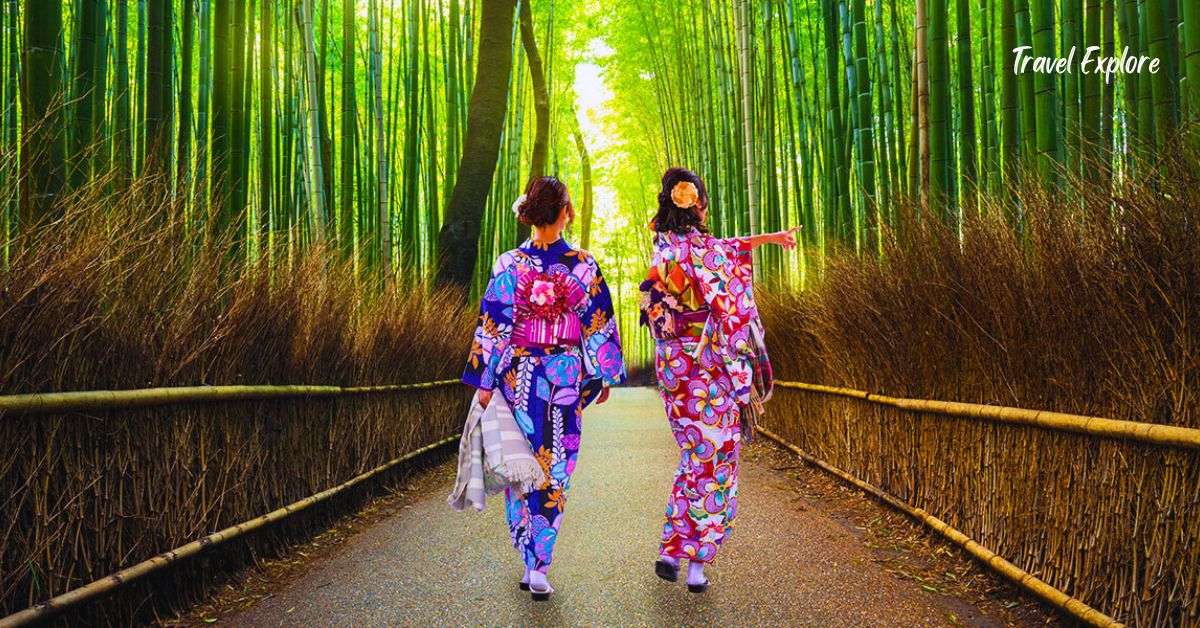
Japan, a land where ancient traditions meet cutting-edge modernity, offers a travel experience like no other. From the neon-lit streets of Tokyo to the serene temples of Kyoto, this island nation is a treasure trove of cultural and natural wonders. Before embarking on your journey,
it’s essential to be well-prepared to fully immerse yourself in the unique aspects of Japanese life. Understanding localcustoms, navigating the transport system, and knowing what to expect can enhance your travel experience immensely.
1. Understanding Japanese Etiquette
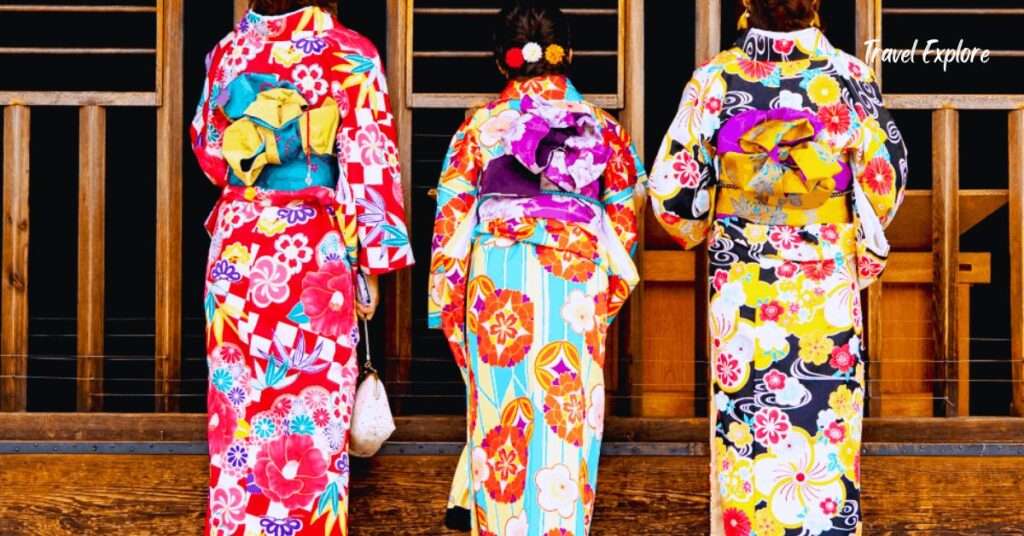
Japan is a country steeped in tradition and etiquette. Respect and politeness are cornerstones of Japanese culture. When visiting, it’s important to understand basic manners. Bowing is a common greeting; the depth of the bow indicates the level of respect.
Removing shoes before entering homes, temples, and certain restaurants is customary. When dining, use chopsticks correctly—never stick them upright in rice, as this resembles funeral rites.
2. Navigating the Japanese Transportation System

Japan boasts one of the most efficient and reliable transportation systems in the world. The Shinkansen (bullet train) connects major cities with unparalleled speed. Trains and buses run on time, and stations are clean and well-organized.
Consider purchasing a Japan Rail Pass for unlimited travel on JR trains, a cost-effective option for tourists. Remember, talking on mobile phones is discouraged on public transport; it’s polite to switch your phone to silent mode.
3. Language Barrier and Communication

While many Japanese people can understand basic English, especially in larger cities, learning a few Japanese phrases can greatly enhance your experience. “Arigato” (Thank you), “Sumimasen” (Excuse me/Sorry), and “Konnichiwa” (Hello) are simple yet effective.
Consider carrying a translation app or phrasebook. Signs in public places often include English translations, but venturing into more rural areas might present communication challenges.
4. Currency and Payments

Japan primarily uses cash, although credit cards are increasingly accepted in urban areas. The currency is the Japanese Yen (JPY). ATMs are widely available, but international cards are typically accepted only at ATMs in post offices, 7-Eleven stores, and certain banks.
It’s advisable to carry sufficient cash, especially when traveling outside major cities. Tipping is not customary in Japan and can even be considered rude.
5. Cultural Attractions and Natural Wonders

Japan offers a rich tapestry of cultural and natural attractions. From the ancient temples of Kyoto to the bustling streets of Tokyo, there is something for everyone. Don’t miss the serene Mt. Fuji, the historic Hiroshima Peace Memorial, and the beautiful cherry blossoms in spring.
Explore the hot springs (onsen) in Hakone and the traditional tea houses in Kanazawa. Each region has unique festivals, local foods, and traditions worth experiencing.
6. Japanese Cuisine

Japanese cuisine is renowned worldwide for its freshness, variety, and presentation. Sushi, sashimi, and ramen are just the tip of the iceberg. Try local specialties like Okonomiyaki (savory pancakes) in Osaka, Hida beef in Takayama, and Kaiseki (multi-course meal) in Kyoto.
Street food, such as takoyaki (octopus balls) and taiyaki (fish-shaped cakes), is a delightful part of the culinary adventure. Remember, slurping noodles is not only acceptable but shows appreciation for the meal.
7. Seasonal Variations
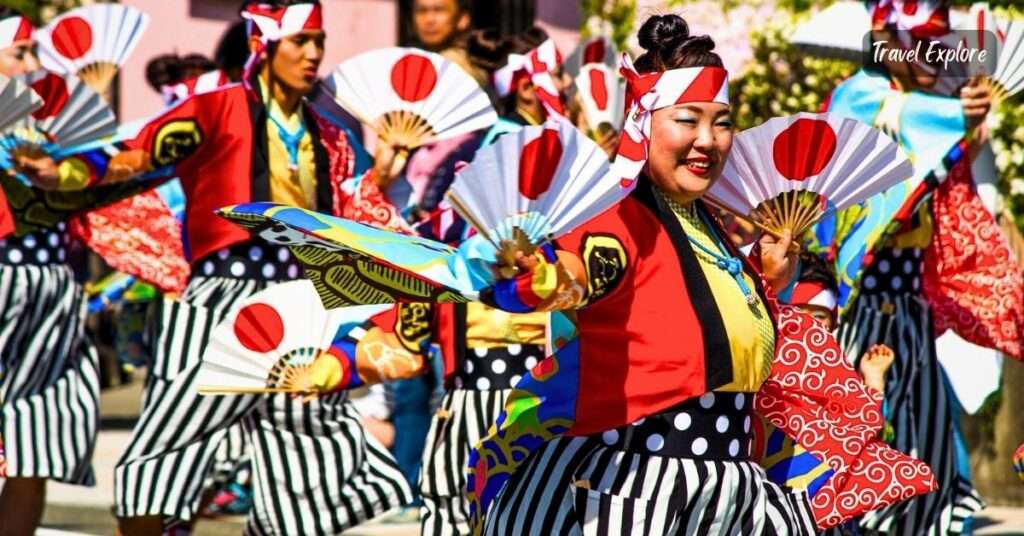
Japan’s climate varies significantly from north to south. Spring (March to May) is famous for cherry blossoms (sakura), while autumn (September to November) offers stunning foliage. Summer (June to August) can be hot and humid, ideal for visiting coastal areas and festivals like the Gion Matsuri.
Winter (December to February) brings excellent skiing opportunities in places like Hokkaido. Pack accordingly for the season and region you plan to visit.
8. Accommodation Options

Japan offers a wide range of accommodation options, from luxurious hotels to traditional ryokan (inns) and budget-friendly hostels. Staying in a ryokan provides a unique cultural experience with tatami mats, futons, and communal baths. Capsule hotels are a fascinating and economical option in cities.
Many accommodations provide onsen (hot springs) and sentō (public baths), offering a chance to unwind after a day of exploration.
9. Japanese Festivals and Events
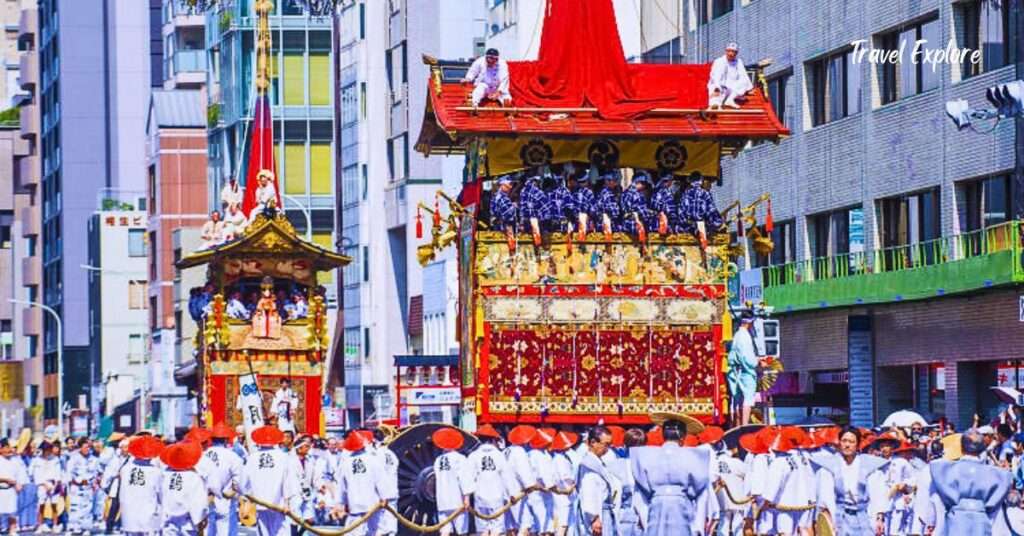
Experiencing a local festival is a highlight of any trip to Japan. Festivals like Hanami (cherry blossom viewing), Tanabata (star festival), and Obon (festival of the dead) offer insights into Japanese traditions and community spirit. Each region has its own unique events, such as the Nebuta Matsuri in Aomori, featuring giant illuminated floats, and the Yuki Matsuri (Snow Festival) in Sapporo,
famous for its impressive ice sculptures. Participating in these events is a wonderful way to immerse yourself in the local culture.
10. Respect for Nature and Cleanliness
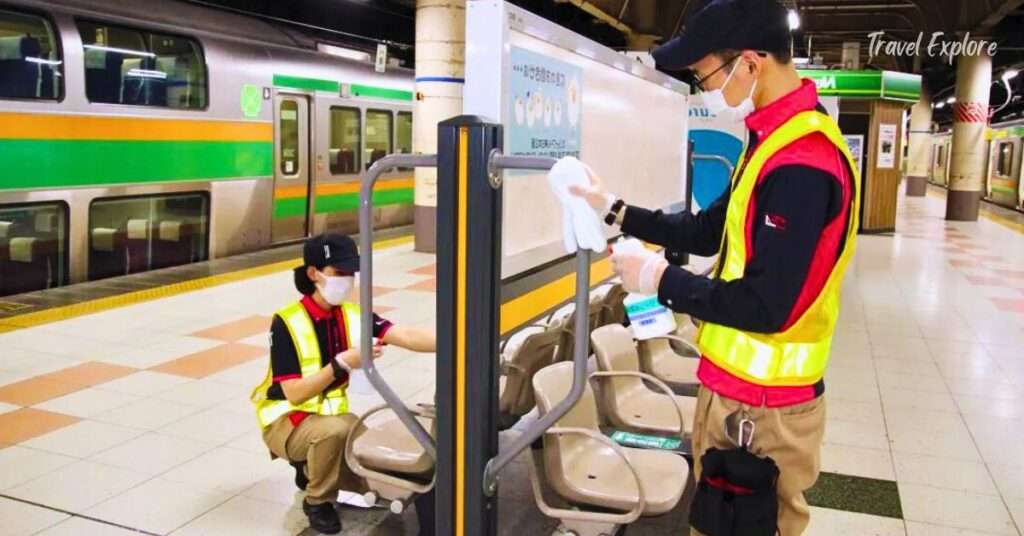
Japan is known for its clean streets and public spaces. Visitors are expected to respect the environment by not littering and recycling correctly. Trash bins are scarce in public areas, so carrying a small bag for your rubbish is advisable.
Japanese people take great pride in their natural surroundings; whether visiting parks, mountains, or beaches, it’s important to leave no trace. Follow local customs for cleanliness, such as washing before entering hot springs and temples.
Read More:
Conclusion
Traveling to Japan is an enriching experience filled with vibrant culture, stunning landscapes, and delectable cuisine. By understanding local etiquette, navigating the efficient transportation system, and appreciating the seasonal beauty, you can make the most of your visit.
Embrace the uniqueness of Japanese traditions, savor the culinary delights, and engage with the warm hospitality of the people. Whether you’re exploring ancient temples, participating in lively festivals, or simply enjoying the serene natural beauty, Japan promises a journey of unforgettable memories.
Frequently Asked Questions
What is the best way to handle a language barrier in Japan?
While many Japanese people understand basic English, especially in urban areas, it’s beneficial to learn a few key phrases in Japanese. Using a translation app or carrying a phrasebook can also help.
Don’t hesitate to use gestures or write things down if communication becomes challenging. The Japanese are generally very patient and appreciative of any effort made to speak their language.
Are there any specific customs to follow when visiting a Japanese temple or shrine?
Yes, there are several customs to observe. Always bow before entering the torii gate of a shrine. Purify yourself at the chozuya (water pavilion) by washing your hands and mouth. When praying, follow the local customs which usually involve bowing, clapping your hands, and offering a coin. It’s important to be quiet and respectful, as these are sacred places.
How can I experience a traditional Japanese meal authentically?
To experience traditional Japanese dining, consider visiting a ryokan (traditional inn), where you can enjoy a kaiseki meal—a multi-course dinner showcasing seasonal ingredients and meticulous presentation.
You can also visit local izakayas (Japanese pubs) for a more casual experience, or enjoy a tea ceremony for a deep dive into Japan’s tea culture. Always remember to follow dining etiquette, such as saying “Itadakimasu” before eating and “Gochisousama” after finishing your meal.
What should I know about using public baths (onsen and sentō) in Japan?
When using public baths, cleanliness is paramount. Before entering the communal bath, you must thoroughly wash and rinse yourself at the provided washing stations. Enter the bath naked, as swimwear is not permitted.
Tattoos can be a sensitive issue, so check if the onsen or sentō allows them. If you have tattoos, you may need to cover them with special stickers or seek out tattoo-friendly baths.
What are some unique souvenirs to bring back from Japan?
Japan offers a variety of unique souvenirs. Consider bringing back traditional crafts such as kokeshi dolls, yukata (casual kimono), and Japanese ceramics. Food items like matcha (green tea), wagashi (Japanese sweets), and sake make excellent gifts.
For a more contemporary option, Japanese stationery, anime merchandise, and electronics are popular choices. Shopping at local markets and specialty stores can provide a more authentic and diverse selection.




